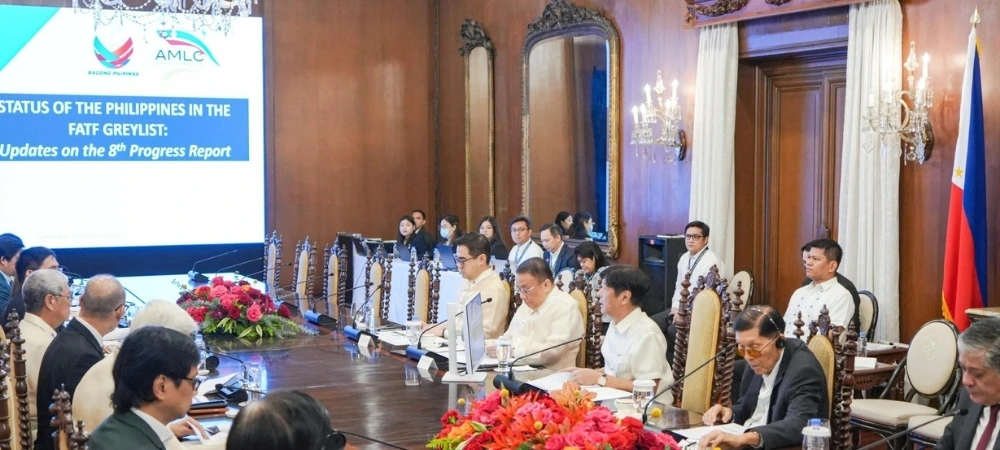The Paris-based watchdog Financial Action Task Force (FATF) continues to place the Philippines on its “grey list.” This status signals heightened scrutiny of the country’s anti-money laundering efforts.
Specifically, FATF calls on the Philippines to promptly address remaining weaknesses in its defenses against money laundering and terrorism financing. The FATF issued this statement on Saturday. It outlined several critical areas that require immediate improvement.
This development marks a crucial moment for President Ferdinand Marcos Jr.’s goal to remove the Philippines from the grey list by October 2024. Since FATF holds plenary meetings every February, June, and October, the country now faces clear deadlines to show measurable progress.
Moreover, the FATF acknowledged the Philippines’ strong political commitment. It also recognized the progress the country has made so far. According to Matthew David, AMLC Secretariat Executive Director, “This improvement in our AML/CFT regime strongly reflects the government’s efforts in curbing terrorism and terrorism financing incidents in the country. Furthermore, it sends a positive signal to the international community about the Philippines’ unwavering commitment and continuous progress.”
However, FATF identified critical shortcomings that the Philippines must still overcome. The agency pointed out that the country failed to establish effective risk-based supervision for non-financial sectors and vulnerable professions. These Designated Non-Financial Businesses and Professions include casinos, lawyers, accountants, and real estate agents.
In addition, FATF emphasized that the Philippines must demonstrate credible and effective anti-money laundering and counter-terrorism financing controls. These efforts should focus particularly on risks involving casino junkets.
While it may take some time for the Philippines to exit the FATF grey list, it is important to recognize the steady progress made so far. Strong political will also exists to complete the remaining tasks and get things done.
Exiting the grey list will open the country to more investment. It will also help the Philippines earn a lower risk rating from international business communities.
Consequently, this development will benefit both the land-based and online gaming industries. It will promote greater transparency in financial management and strengthen regulatory enforcement across the sector.












